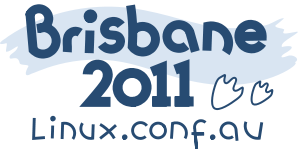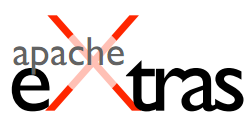Two years ago we released the Page Speed browser extension and earlier this year the Page Speed Online API to provide developers with specific suggestions to make their web pages faster. Last year we released mod_pagespeed, an Apache module, to automatically rewrite web pages. To further simplify the life of webmasters and to avoid the hassles of installation, today we are releasing the latest addition to the Page Speed family: Page Speed Service.
Page Speed Service is an online service that automatically speeds up loading of your web pages. To use the service, you need to sign up and point your site’s DNS entry to Google. Page Speed Service fetches content from your servers, rewrites your pages by applying web performance best practices, and serves them to end users via Google’s servers across the globe. Your users will continue to access your site just as they did before, only with faster load times. Now you don’t have to worry about concatenating CSS, compressing images, caching, gzipping resources or other web performance best practices.
In our testing we have seen speed improvements of 25% to 60% on several sites. But we know you care most about the numbers for your site, so check out how much Page Speed Service can speed up your site. If you’re encouraged by the results, please sign up. If not, be sure to check back later. We are diligently working on adding more improvements to the service.
At this time, Page Speed Service is being offered to a limited set of webmasters free of charge. Pricing will be competitive and details will be made available later. You can request access to the service by filling out this web form.


